Freed to Abundant Life
by Rev. Steve Hoffard
Proclaim member and Pastor of St. Mark’s Evangelical Lutheran Church–Kingston, ON
One of the strangest things that happens to me as a pastor is that, occasionally, I am hit hard by the truth of the gospel right in the middle of preaching.
I can wrestle with a text and finding the right words for a whole week, going over it again and again. I even practice preaching it from the pulpit a number of times as part of my homiletic practice, and nothing particularly moving or spectacular happens.
Then wham! It does. Suddenly the Holy Spirit illuminates something for me right in the middle of proclaiming the gospel.
This is what happened to me two summers ago. A secret I had held tightly for fifty years, one that I had only whispered to one other person a few weeks earlier, confronted me in the middle of a sermon.
I was preaching on the Lutheran World Federation theme “Liberated by God’s Grace: Humanity Not for Sale”. In particular, I was speaking about the grace Jesus spoke of in John’s gospel saying, “I have come so that they may have life, and have it abundantly.” In that moment, I suddenly understood that not living my truth had affected someone else besides me.
By keeping my secret, my wife of twenty-two years was not able to experience the abundant life she deserved. It was in that moment that I knew what I had to do. It was the beginning of sharing my truth with my family, friends and congregation that I am and have always been gay.
I spent months coming out to family, friends and those closest to me. Then one day, I found myself standing in the same pulpit, trembling as I shared with the congregation how grace had called me forth in my full identity.
I told them about my orientation and how I no longer desired to change it. Most importantly, I told them that I was good with who God created me to be.
I recognized it as a gift that made me more sensitive to the struggle of others and therefore a better pastor. I had been freed to the abundant life that God intended for me and for all of us.
Now when I climb into the pulpit, I don’t expect something revelatory to happen. But I never know where the Holy Spirit will take me next!
Rev. Steve Hoffard (he/him/his) is pastor at St. Mark’s Lutheran Church in Kingston, Ontario. He continues to blunder into God’s grace unexpectedly while exploring who God created him to be.

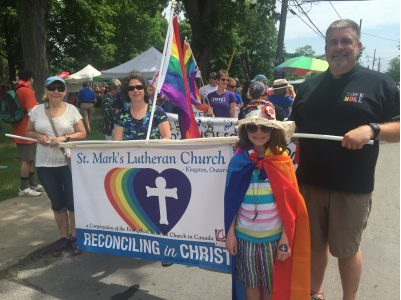



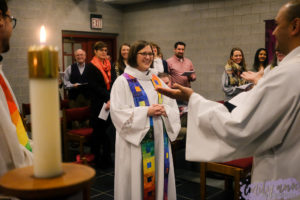

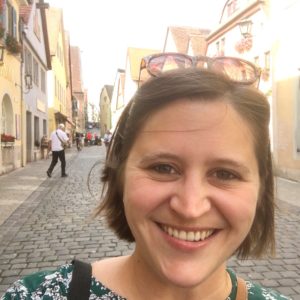

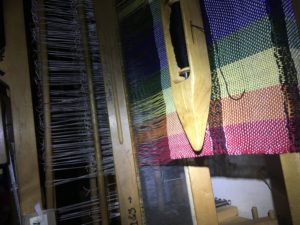
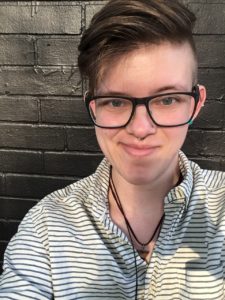 Reed Fowler (they/them/theirs) is a seminarian at the Lutheran School of Theology at Chicago and a candidate for ordained ministry in the Evangelical Lutheran Church in America. They are invested in interfaith collaboration, holding space for witness and tenderness, and centering alternative and artistic expressions of the sacred. They spend downtime knitting, queering faith + domesticity, gardening, and snuggling with their ever-increasing menagerie.
Reed Fowler (they/them/theirs) is a seminarian at the Lutheran School of Theology at Chicago and a candidate for ordained ministry in the Evangelical Lutheran Church in America. They are invested in interfaith collaboration, holding space for witness and tenderness, and centering alternative and artistic expressions of the sacred. They spend downtime knitting, queering faith + domesticity, gardening, and snuggling with their ever-increasing menagerie.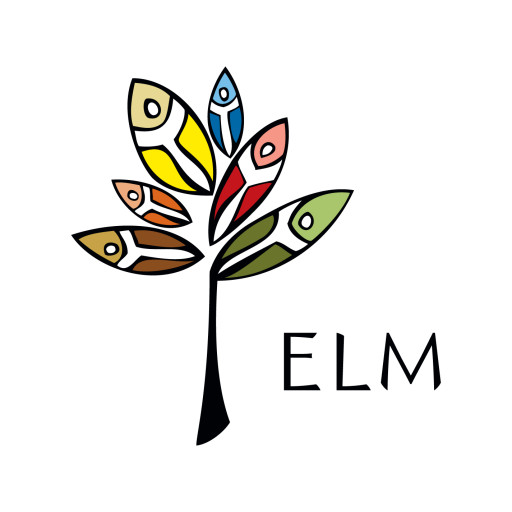
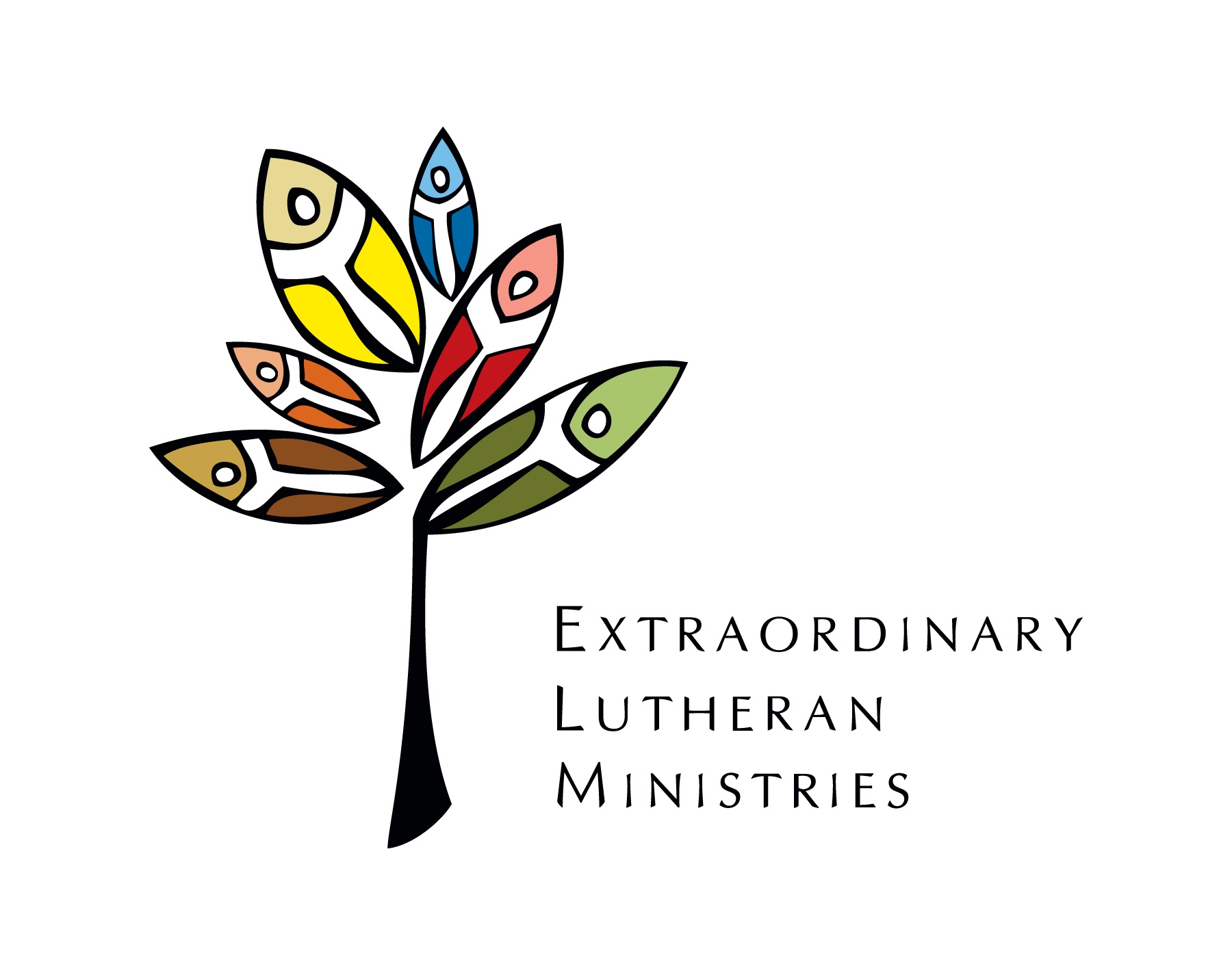
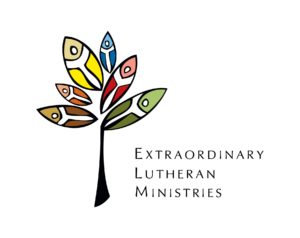
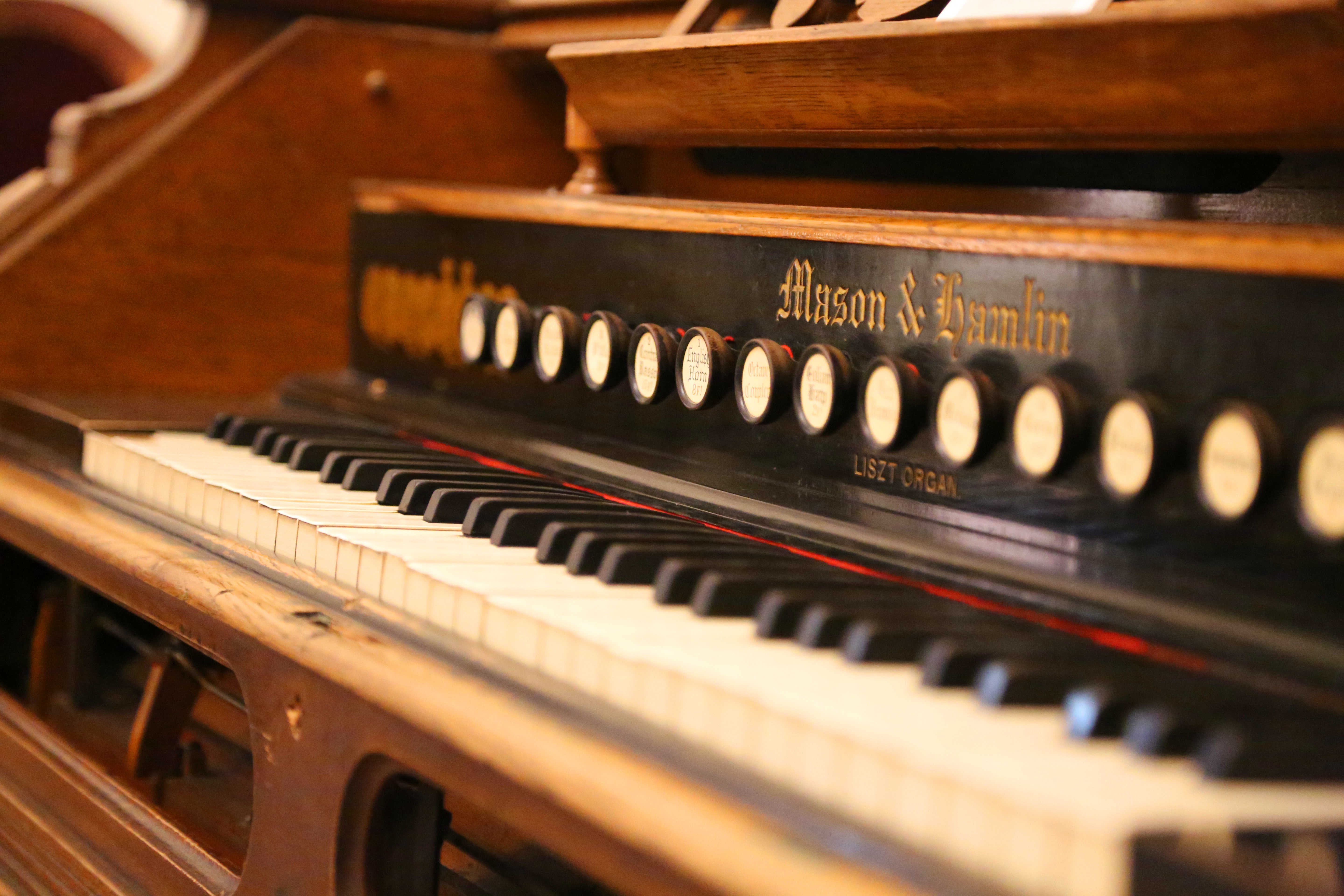

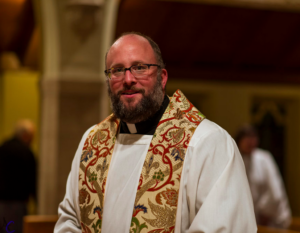
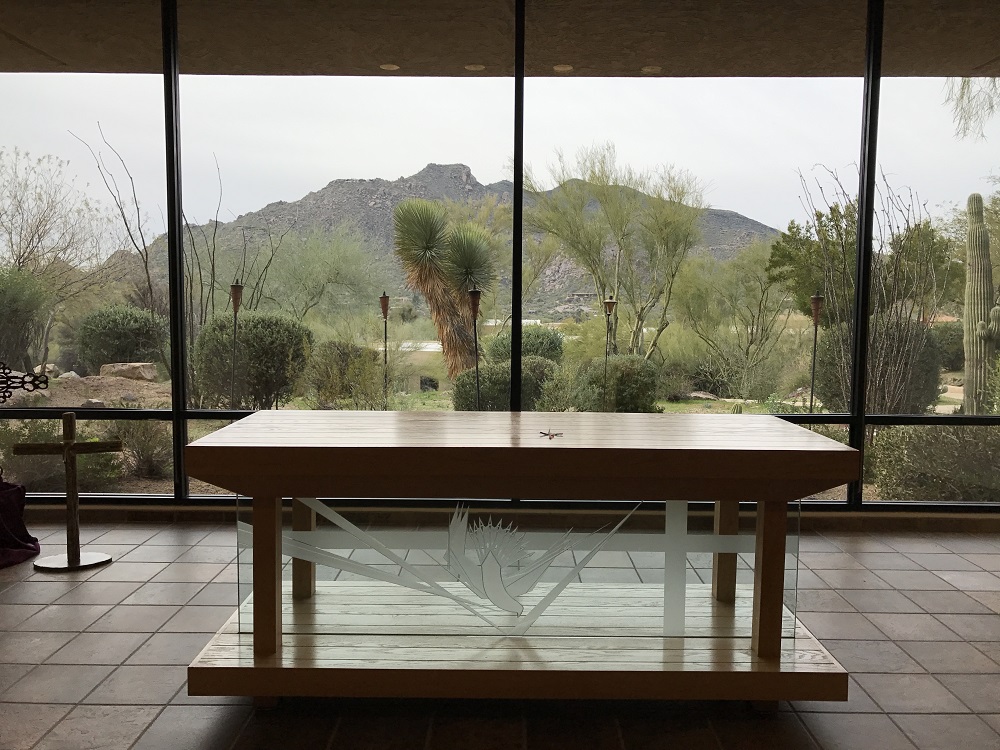
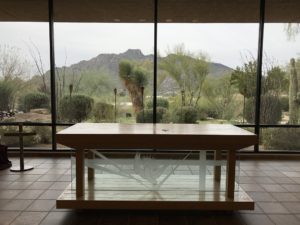
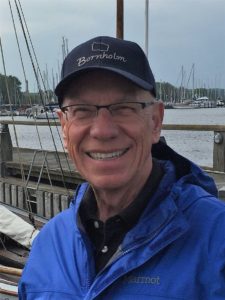
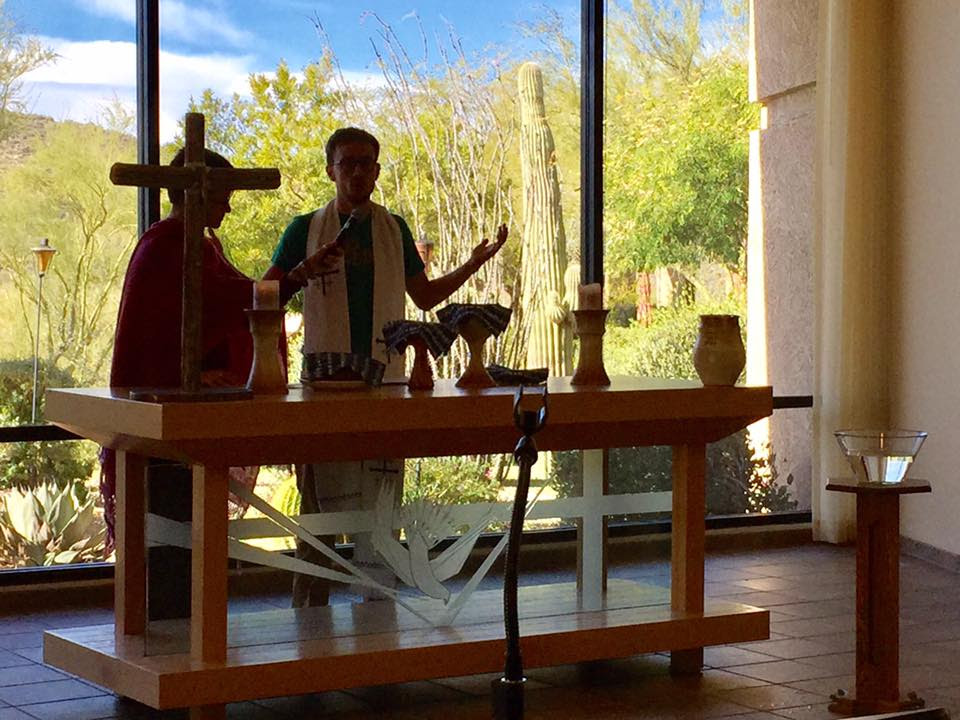



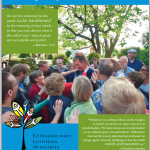 Is your congregation ready to talk about how to welcome LGBTQ people in your pastoral call process? It’s never too early to start this conversation – in fact, the sooner the bettter, and especially BEFORE you start a call process! This six-minute video and 10-page booklet are a ready made discussion and planning document for your congregation. You’ll learn how the extraordinary gifts of LGBTQ pastors can enrich and transform YOUR congregation and community – and find detailed information about how to get ready to consider or welcome and LGBTQ pastor.
Is your congregation ready to talk about how to welcome LGBTQ people in your pastoral call process? It’s never too early to start this conversation – in fact, the sooner the bettter, and especially BEFORE you start a call process! This six-minute video and 10-page booklet are a ready made discussion and planning document for your congregation. You’ll learn how the extraordinary gifts of LGBTQ pastors can enrich and transform YOUR congregation and community – and find detailed information about how to get ready to consider or welcome and LGBTQ pastor. 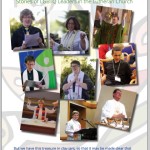 Treasure in Clay Jars – Stories of LGBTQ Leaders in the Lutheran Church
Treasure in Clay Jars – Stories of LGBTQ Leaders in the Lutheran Church